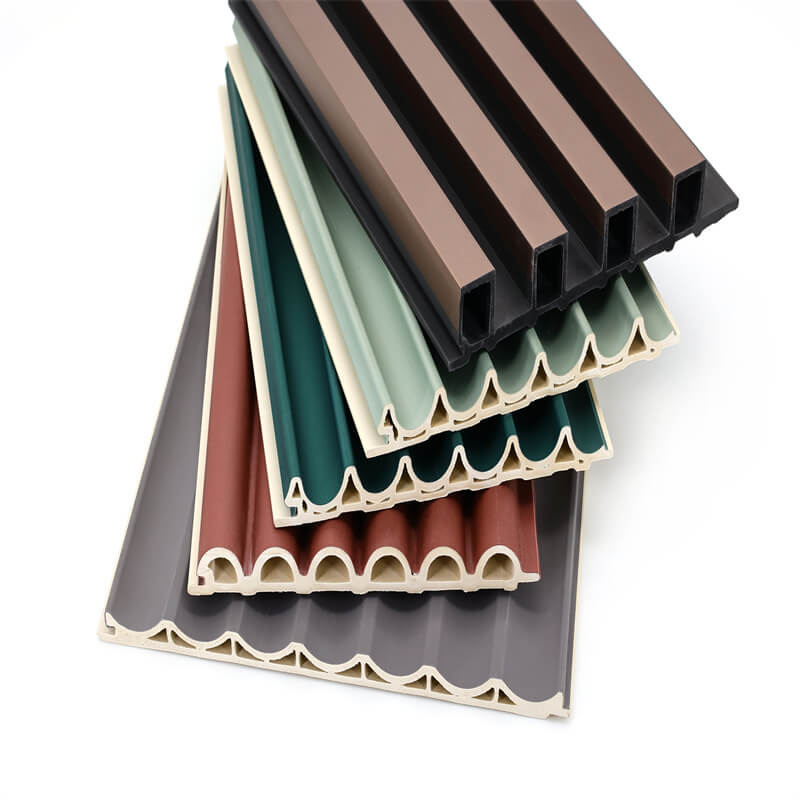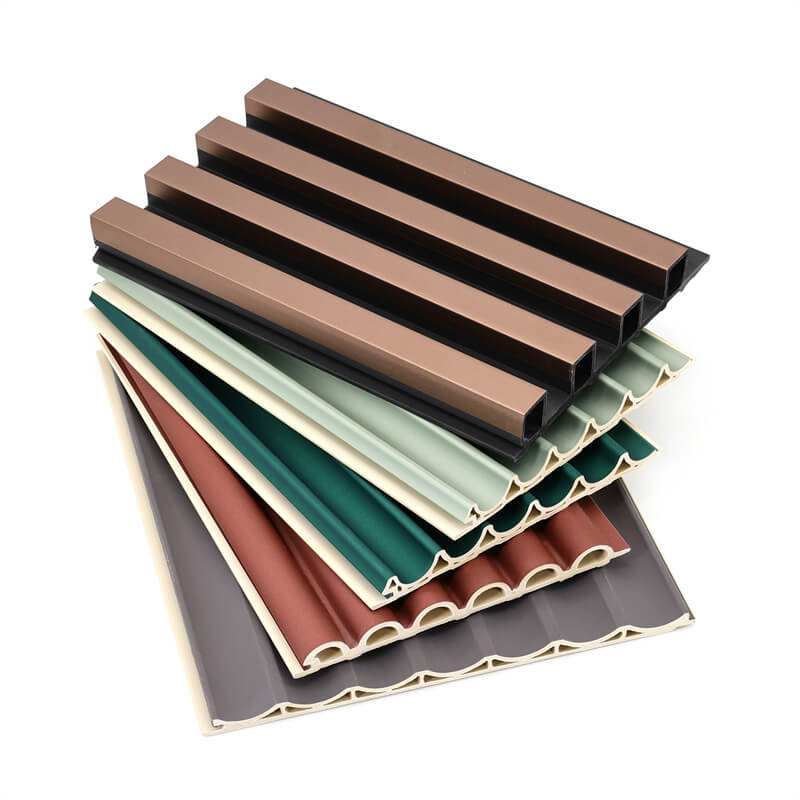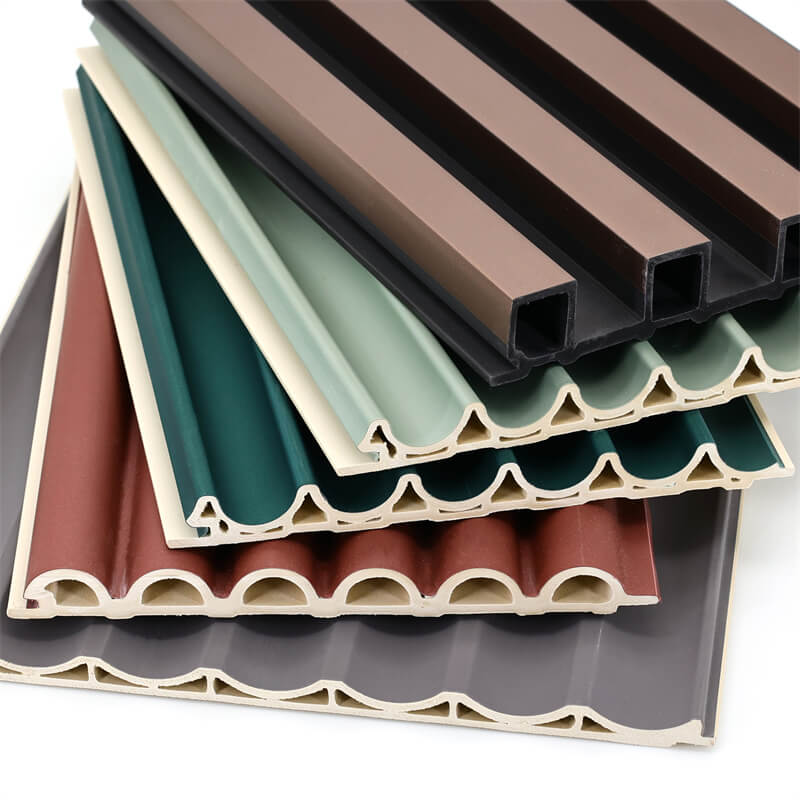
WPC (Wood Plastic Composite) wall panels have gained significant popularity in the construction and design industry due to their durability, versatility, and aesthetic appeal.
As an alternative to traditional materials like wood and cement, WPC panels offer a wide range of benefits, including resistance to moisture, insects, and rot.
However, understanding the factors that contribute to the durability of WPC wall panels is essential for making an informed choice.
In this article, we will delve into the key aspects that determine the durability of these panels and provide valuable insights for homeowners, architects, and contractors.
The Role of Manufacturing Quality:
The durability of WPC wall panels is strongly influenced by the manufacturing quality.
When considering a manufacturer or supplier, it is crucial to assess their production processes, materials used, and quality control measures.
A reputable manufacturer will prioritize using high-quality raw materials, such as recycled wood fibers and plastic resins, to ensure the panels’ strength and longevity.
Moreover, manufacturers that adhere to strict quality control standards can guarantee consistent product quality.
Look for certifications and accreditations that demonstrate the manufacturer’s commitment to producing durable and reliable WPC wall panels.
These certifications might include ISO (International Organization for Standardization) certifications or compliance with industry standards such as ASTM (American Society for Testing and Materials) or EN (European Norms).
By choosing a manufacturer known for their manufacturing excellence, you can have confidence in the durability and performance of the WPC wall panels.

Evaluating Structural Integrity:
The structural integrity of WPC wall panels directly impacts their durability.
Several factors contribute to the structural stability of these panels:
The thickness of the WPC panel plays a crucial role in its strength and resistance to impact.
Thicker panels are generally more robust and less prone to warping or bending.
When selecting WPC wall panels, consider the intended application and the level of durability required.
Thicker panels might be more suitable for high-traffic areas or spaces where additional strength is necessary.
The composition of the WPC panel, specifically the ratio of wood fibers to plastic resins, affects its structural integrity.
A higher percentage of wood fibers typically results in a stronger panel.
However, it’s important to strike a balance between wood content and the plastic resin, as an excessive amount of wood fibers can lead to increased water absorption and decreased durability.
The internal structure of WPC wall panels is often reinforced with additives, such as fiberglass or minerals, to enhance their strength and resistance to deformation.
These additives improve the panel’s ability to withstand external forces and prevent issues like sagging or bending over time.
When evaluating the durability of WPC panels, inquire about the presence of such additives and their contribution to the panel’s structural integrity.
Resistance to Environmental Factors:
One of the key advantages of WPC wall panels is their resistance to various environmental factors, which significantly contributes to their durability.
Here
Unlike traditional wood panels, WPC wall panels are highly resistant to moisture.
The plastic component in the composite prevents water absorption, making them ideal for high-humidity environments such as bathrooms or kitchens.
This moisture resistance helps prevent issues like swelling, warping, and rot, ensuring the long-term durability of the panels.
Another significant advantage of WPC wall panels is their resistance to insects and pests.
Unlike natural wood, WPC panels are not susceptible to termite infestation or damage caused by other wood-boring insects.
This resistance makes them a suitable choice for both interior and exterior applications, offering peace of mind and longevity.
Exposure to sunlight and ultraviolet (UV) radiation can cause color fading and degradation of materials over time.
High-quality WPC wall panels are manufactured with UV stabilizers, which protect the panels from UV damage, including color fading and surface deterioration.
When selecting WPC panels, inquire about their UV resistance properties to ensure their long-lasting appearance and performance.

Maintenance and Longevity:
The maintenance requirements and longevity of WPC wall panels are crucial considerations when assessing their durability:
One of the primary advantages of WPC panels is their low maintenance requirements.
Unlike natural wood, they do not require regular painting, staining, or sealing.
Simple cleaning with mild soap and water is typically sufficient to maintain their appearance.
This low maintenance characteristic saves time, effort, and costs associated with upkeep, while ensuring the long-term durability of the panels.
The longevity of WPC wall panels is influenced by various factors, including their resistance to environmental factors, structural integrity, and quality of manufacturing.
A reputable manufacturer using high-quality materials and adhering to strict quality control measures can provide panels with a longer lifespan.
Consider the warranty offered by the manufacturer, as it can serve as an indication of their confidence in the durability and longevity of their products.
WPC wall panels offer an excellent alternative to traditional materials, combining durability, versatility, and aesthetic appeal.
By considering factors such as manufacturing quality, structural integrity, resistance to environmental factors, and maintenance requirements, you can make an informed decision when choosing WPC wall panels for your construction or design projects.
Select a reputable manufacturer or supplier that prioritizes quality, and ensure the panels meet industry standards and certifications.
With their inherent durability and resistance, WPC wall panels can provide a long-lasting and visually pleasing solution for your interior or exterior applications.
